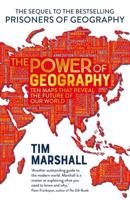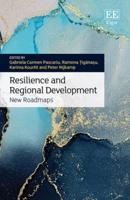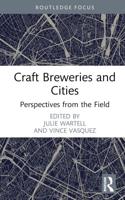Publisher's Synopsis
This book gathers together theoretical arguments and empirical data concerning the direction and pace of change within the rural societies of Africa. It suggests that changes are subject to considerable differences in time and space and that they are more beneficial to some groups than to others.;Part One discusses the claim that Africa's rural households are adaptive - capable of making significant improvements and of dealing with the worst effects of food crises. This contrasts with the view that the rural dwellers are constrained by their marginalized position within the larger world economy and the effects of colonial rule.;Part Two considers the organization of production and change and looks at the sources of income of the rural people. The authors examine specific aspects of rural society such as labour, land, produce marketing, non-farm jobs and herding, taking account of the significant changes of the last century.;Part Three examines induced change looking first at the impact of colonial policies and European settlers and secondly at the proliferation and impact of development policies and projects.










